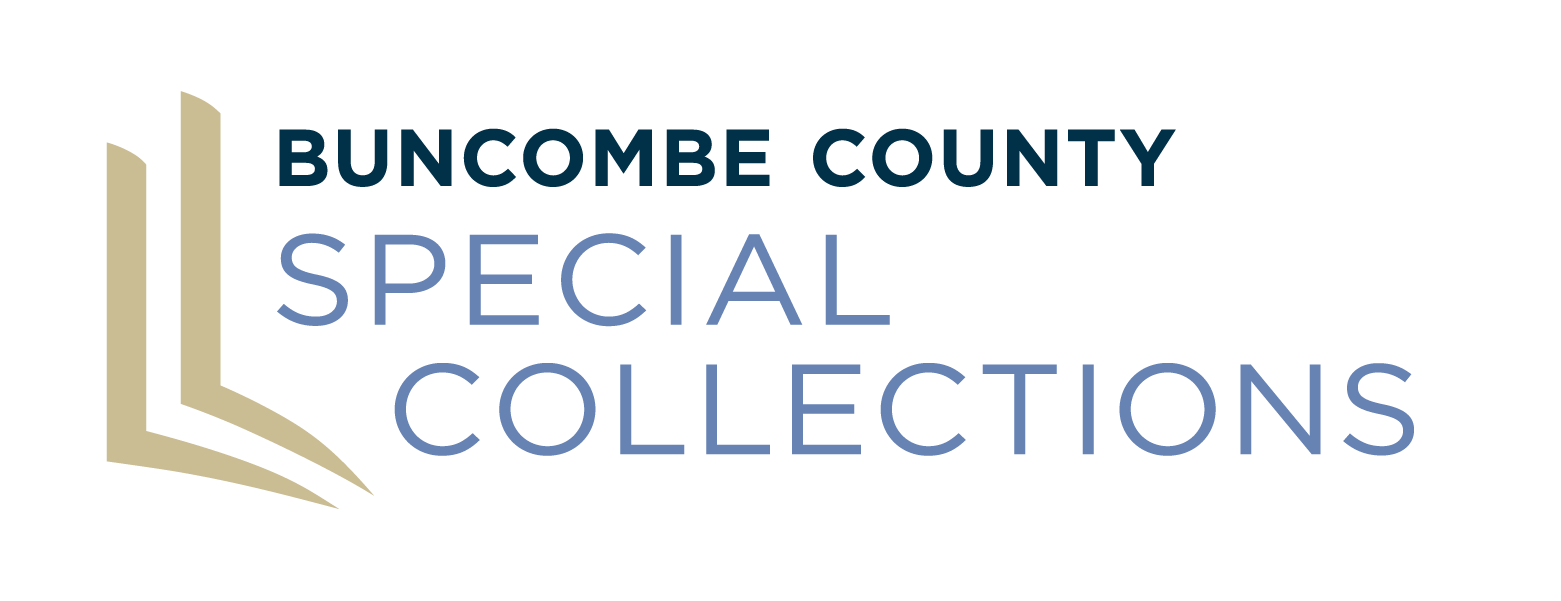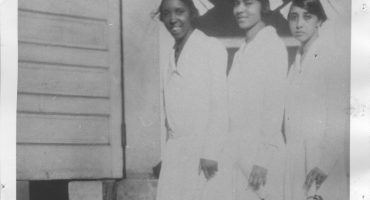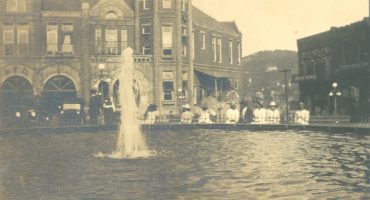Black AVL History Project
The Black Asheville History Project (BAHP) is a campaign spearheaded by Buncombe County Special Collections in coordination with the Buncombe County Community Engagement Team and other community partners to build a more representative and diverse collection of historical materials related to African Americans in Buncombe County and other communities in Western North Carolina. The project began in early 2019 and will continue through 2025, or until the project reaches its ultimate goal: ensuring that at least 25 percent of the Buncombe County Special Collections' catalogue pertains to the history of African Americans in our county and region.
The project aims to collect archival materials like business papers, family histories, diaries, photographs, and oral history interviews by leveraging partnerships with community leaders, organizations, and volunteer efforts to increase library capacity and ensure that collected materials are as reflective of Buncombe County’s African American Community as possible. The project aims to increase capacity by actively engaging community members in the collections process; inviting community members to training sessions on best practices for collecting oral history interviews and archival digital preservation techniques. This work is based on the methodology of a "History Harvest," a program developed at the University of Nebraska to engage undergraduate students in collecting and preserving local history.
The North Carolina Room at Pack Memorial Library is one of our region’s only archives housed in a public library. By engaging the public in our work, we draw attention to the important function of a free community archive and give our patrons the skills and information they need to help the archive grow and succeed.
Mission and Goals
The Black Asheville History Project (BAHP) aims to ensure that the historical resources available in the Buncombe County Special Collections are more representative of Buncombe County’s African American population. The project works with community partners and leverages the resources of Buncombe County’s Community Engagement Team in order to actively collect loans and donations of historic resources important to the story of Black people in Buncombe County.
- As part of our collecting efforts, BCSC staff and volunteers will strive to foster relationships with social and civic organizations that work to the benefit African American neighborhoods and families.
- BCSC staff will train community volunteers to conduct oral histories and digitize historical documents in order to increase the archive’s overall capacity and help create opportunities for community-driven archiving to flourish with or without direct involvement from BCSC staff.
- BCSC staff and volunteers will make special efforts to involve students, families, and young people in the project by fostering connections with youth-centered organizations (ex. My Daddy Taught Me That/ Word on the Street) and local schools.
- As of March 15, 2020, there are 1224 records in the BCSC database that include the tag “African American.” With 53,624 total records, these records are approximately 2% of the whole collection. Over the next five years, the BCSC staff and volunteers will aim to increase the number of records with the “African American” subject heading to at least 25%.
Community-driven archives/history projects must be rooted in consent, communication, and trust building between institutions and the communities they serve, especially when those institutions (like the BCSC) have racist legacies. Beginning in February 2020 we have requested that participants complete a feedback form. On the form, staff and volunteers encourage program participants to provide constructive feedback and ask questions about the project. The collected forms allow staff and volunteers to gather important information, including contact information and suggested questions to ask during oral history interviews.
Going forward, community members will help shape potential oral history questions, and will participate as volunteers in the oral history and history harvest process.
Similar Projects and Inspiration
- History Harvest Handbook, University of Nebraska at Lincoln
- The State of Black Asheville
- Archives for Black Lives
- Black Lives Matter Archives from Witness
- UNC Chapel Hill Practical Guide to Oral History
- American Association for State and Local History
- Smithsonian Folklife and Oral History
- StoryCorps






